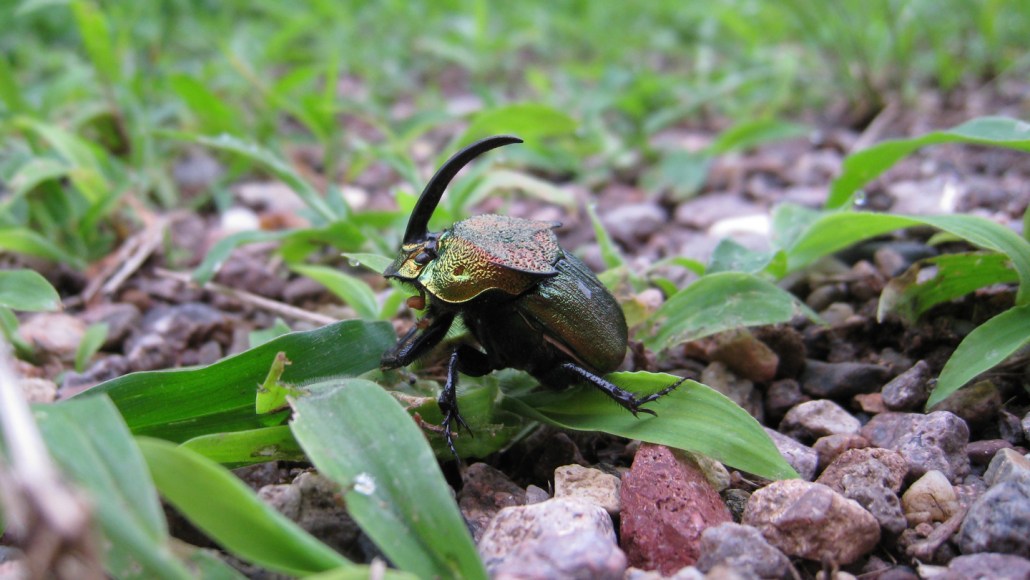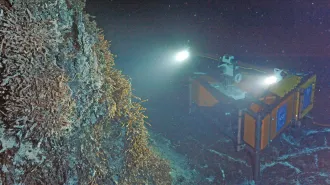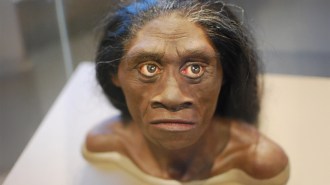
Animals
Some dung beetles dig deep to keep their eggs cool
A temperate tunneling species of dung beetle seems capable of adapting to climate change, but their tropical cousins may be less resilient.
Every print subscription comes with full digital access

A temperate tunneling species of dung beetle seems capable of adapting to climate change, but their tropical cousins may be less resilient.
We summarize the week's scientific breakthroughs every Thursday.

An analysis of global climate data shows sustained warming even as El Niño faded.

Trees are known for absorbing CO2. But microbes in their bark also absorb other climate-active gases, methane, hydrogen, and carbon monoxide.

Longest lightning, the first AI-generated genomes and biggest black hole smashup were among this year’s top science superlatives.
New footage shows orcas and dolphins coordinating hunts, hinting at interspecies teamwork to track and catch salmon off British Columbia.

Data from Axial, the most-monitored underwater volcano, are helping geophysicists hone eruption predictions. For Axial, 2026 is their next bet.

When the early Earth’s magma ocean crystallized 4.4 billion years ago, the deep mantle trapped an ocean’s worth of water, scientists say.

Stalagmite data suggest Homo floresiensis faced prolonged drought that stressed both them and their prey, contributing to their disappearance.

A volcanic eruption may have triggered a deadly chain of events that brought the Black Plague to Europe in the 14th century.

Human activity can cause “healed” faults to release their stored strength, triggering unexpected quakes in tectonically stable regions.
Subscribers, enter your e-mail address for full access to the Science News archives and digital editions.
Not a subscriber?
Become one now.